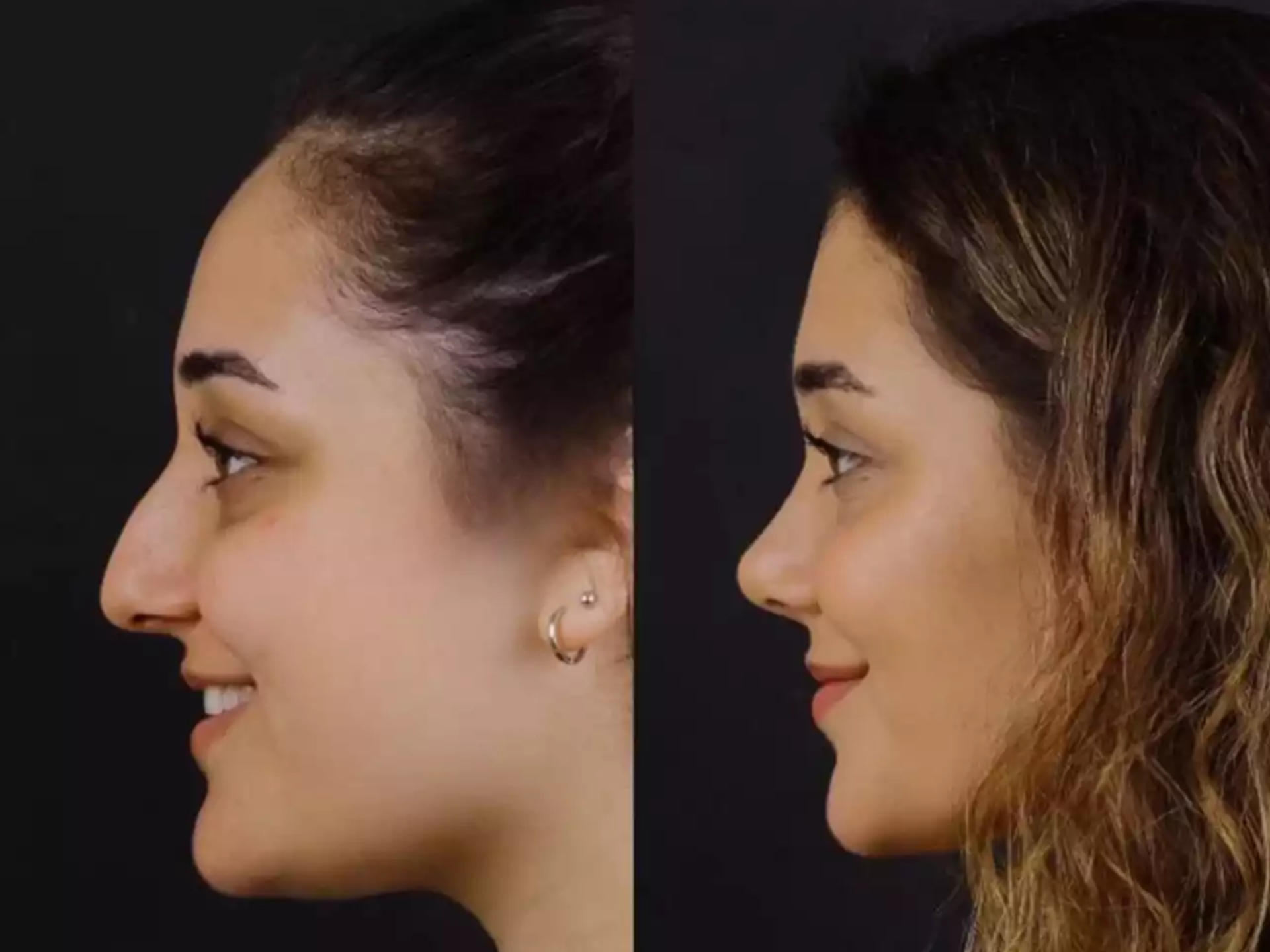Each year, as the monsoon season sets in and mosquito-borne illnesses increase, it becomes vital to stay informed about critical diagnostic tools. One such tool is the dengue NS1 antigen test, a blood test that helps detect early-stage infection by the dengue virus. After you’ve had a persistent fever and symptoms like headache, muscle aches, or rash for a day or two, you or your doctor may consider ordering it. In India today, the dengue NS1 test price is a key concern for many, especially in regions where dengue is more common.
What is the NS1 Test, and When Should You Get It?
The NS1 test detects the non-structural protein 1 (NS1) of the dengue virus, a protein that appears in the bloodstream very early in infection, often from day 1 of fever and up to around day 7. This early detection makes it especially useful in differentiating dengue from other fevers and allows timely supportive care (hydration, monitoring platelet counts, etc.).
Many labs indicate that no special preparation (such as fasting) is required before the test. However, it’s always wise to follow your doctor’s or the lab’s instructions.
What Does the Test Cost?
The cost of the dengue NS1 test varies significantly across India, depending on the lab, city, test method (ELISA), and whether home‐collection is included. Here’s a breakdown:
- Some labs list a standard price around ₹1200 in many cities.
Given this variation, it pays to check a few labs in your area and ask what the test includes (home collection, timing of report, method used).
Why Such a Wide Price Range?
Several factors contribute to the differences in the dengue NS1 test price:
- Test Method: ELISA (enzyme‐linked immunosorbent assay) is considered a standard, reliable method, whereas rapid antigen kits may be less accurate or for screening only.
- Timing and urgency: In some cases, a quicker turnaround or home sample collection adds to the cost.
- Location & operational costs: Labs in major metros may charge more due to overheads.
- Accreditation and quality: Labs with NABL (National Accreditation Board for Testing and Calibration Laboratories) accreditation or those using high‐end equipment may command higher fees.
How to Choose and Book the Test Smartly
When you suspect dengue, or your doctor recommends the NS1 test, here are some tips:
- Book early: Since NS1 is most detectable from day 1 to around day 7 of symptoms, getting tested early improves accuracy.
- Ask for method: Confirm whether the lab uses ELISA as opposed to a rapid kit; ELISA tends to be more reliable for early detection.
- Compare labs: Check two or more diagnostic centres in your region for pricing and reporting timelines.
- Interpret with caution: A positive NS1 means an active dengue infection is likely; a negative result does not always rule it out (especially if tested late or if symptoms persist). Your doctor may recommend follow‐up antibody tests (IgM/IgG) if needed.
- Monitor symptoms: Regardless of test result, if you develop warning signs (bleeding gums, persistent vomiting, abdominal pain, rapid drop in platelet count), seek medical attention immediately.
Why It’s Worth Investing in the Test
Choosing to get the test despite the cost can be a prudent decision for the following reasons:
- Early detection allows appropriate monitoring of platelet counts and fluid management, reducing the risk of complications such as severe dengue or hemorrhagic fever.
- A confirmed diagnosis helps avoid unnecessary antibiotics or investigations and allows focused care.
- In outbreak seasons, access to timely testing may allow quicker response and reduce the burden on healthcare services.
- From a peace‐of‐mind perspective, knowing the cause of your fever allows you and your doctor to plan what comes next.
What If the Price Seems Too High?
If a quoted price for the NS1 test seems overpriced compared with other labs in your city, you might:
- Check the accreditation status of the lab: Accredited labs often charge more but maintain higher standards.
- Ask for a breakdown of what the cost includes: sample collection, home visit, and result turnaround.
- Ask if a bundle or package (NS1 + IgM/IgG) is available; sometimes combined tests offer better value.
- In outbreak times, check if local health authorities have interventions or subsidised testing programs.
- If cost is prohibitive, discuss with your doctor whether an antibody test is sufficient or whether monitoring symptoms closely might be an alternative.
Conclusion
When dealing with a possible dengue infection, knowing the dengue NS1 test price and understanding what it covers can help you make an informed choice. The cost varies widely across cities and labs, but checking for the test method, home collection options, reporting speed, and accreditation will often lead you to both a reliable result and a fair price. Early detection via the NS1 antigen test usually makes a crucial difference in management and outcome. Always remember: if dengue is suspected, timely testing and vigilant monitoring are key. Do keep in mind the dengue NS1 test price as one of the elements of your healthcare decision-making process.
